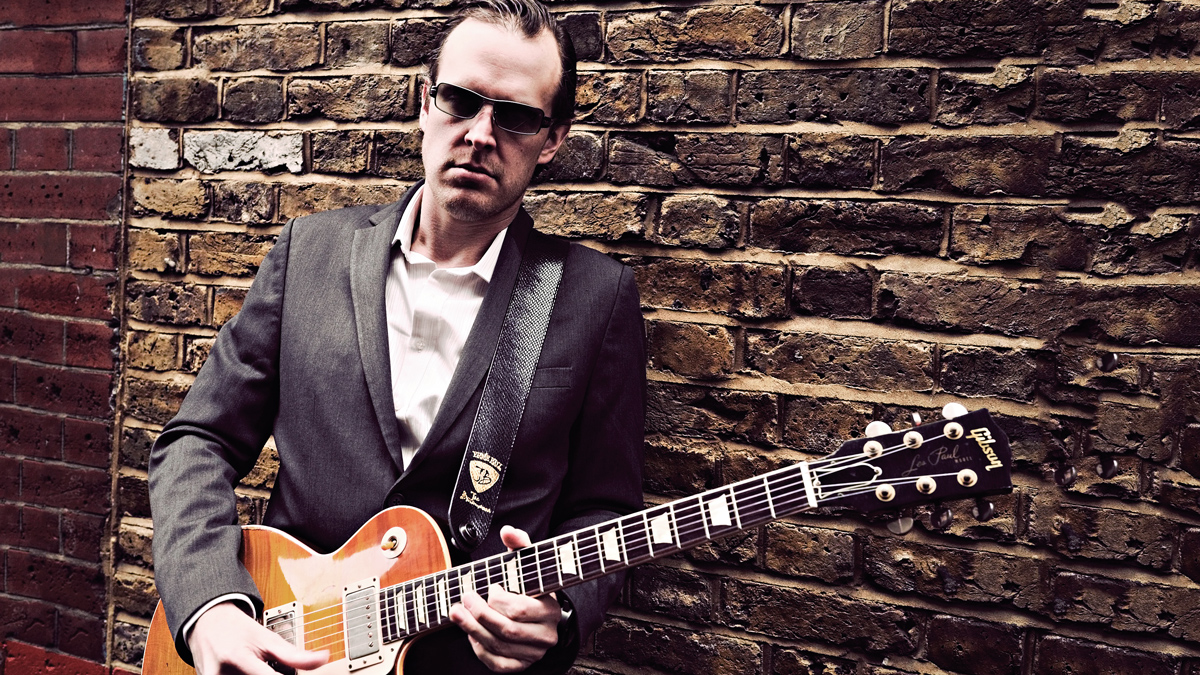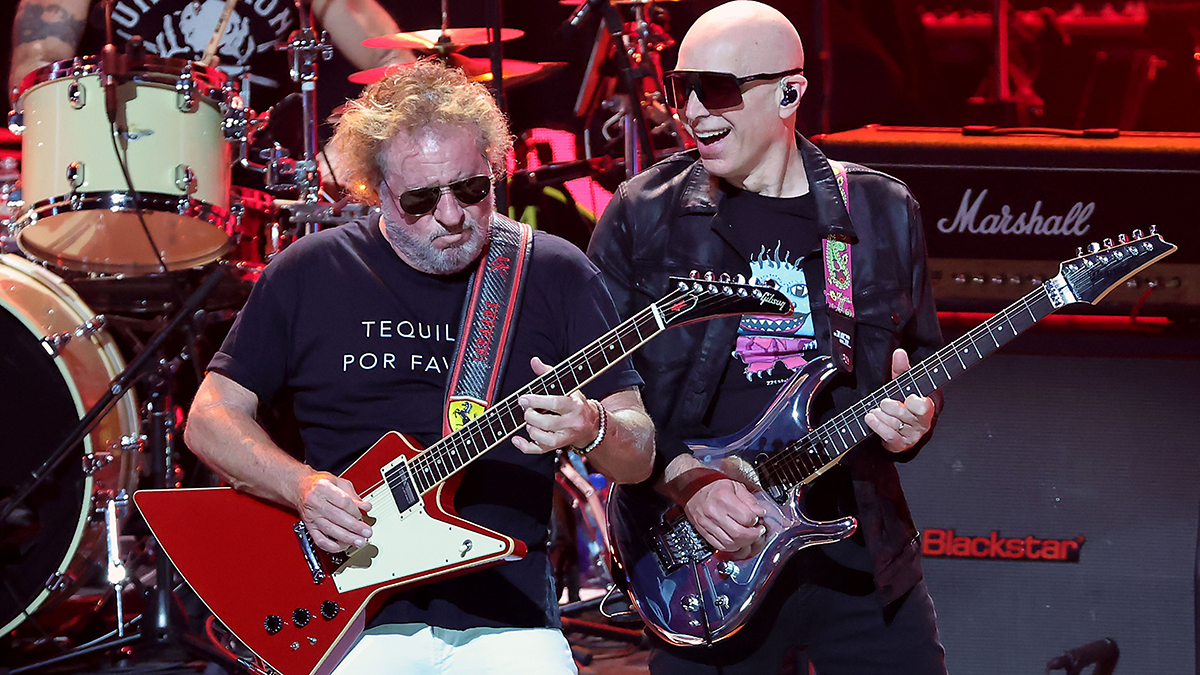Joe Bonamassa: developing your own tone is the hardest part of learning guitar
The bluesman also opens up about avoiding music theory, not playing too many notes and more in new interview

Joe Bonamassa is never at a loss to offer electric guitar advice, whether it's naming the 10 best blues rock guitar solos of all time or discussing the difficulty in playing great blues.
Recently, JoBo dropped some pearls of guitar wisdom during an interview with Glide magazine, covering everything from developing tone to his take on music theory to when he realized soloing is “not about how many notes you play.”
When asked what was the hardest thing for him to get the hang of while learning to play guitar, he said, “I think developing your own tone is difficult. It’s not hand-eye coordination, it’s muscle memory and it’s strength in your hands. It’s the note within the note, the little subtleties that make a pro a pro.
“When you hear someone that has been doing it for a long time, you know that person knows what they’re doing, cause they have control over every aspect of the instrument. The instrument doesn’t control them.”
He continued, "That’s what you look for in a great guitarist. That’s what you look for in a great race car driver. That’s what you look for in someone who has been in business or any profession. It’s the macro, it’s the little things, the subtle things.
“Like, anybody can ask questions, okay, but do you ask interesting questions that not only interest yourself but also the reader or the viewer. That’s the difference between being a pro and just asking questions. And it’s the same thing with guitar.”
Bonamassa also acknowledged that he has always “avoided learning music theory,” saying, “I know enough to get in trouble and I know enough to play in the right key but as far as music theory in the sense that I can’t tell you what an augmented 13 chord – I can play an augmented 13 but I’m unaware of it.
Get The Pick Newsletter
All the latest guitar news, interviews, lessons, reviews, deals and more, direct to your inbox!
“It prevents you from getting into your own head and going, well, the rule book says I can’t really do this and blah-blah-blah.”
As far as when he came to understand guitar solos aren’t about who can play the most notes?
“When I first saw BB King,” he said. “He plays one note, he just has that knack… to emote, and it’s this emotive thing that not many people ever achieve. It’s that direct connection to everyone’s soul.
“It could be 2000 people in the audience, could be 20 people in the audience – he had a direct conduit.”
Rich is the co-author of the best-selling Nöthin' But a Good Time: The Uncensored History of the '80s Hard Rock Explosion. He is also a recording and performing musician, and a former editor of Guitar World magazine and executive editor of Guitar Aficionado magazine. He has authored several additional books, among them Kurt Cobain: Montage of Heck, the companion to the documentary of the same name.
“Even the thought that Clapton might have seen a few seconds of my video feels surreal. But I’m truly honored”: Eric Clapton names Japanese neo-soul guitarist as one to watch
“You better be ready to prove it’s something you can do”: Giacomo Turra got exposed – but real guitar virtuosos are being wrongly accused of fakery, too










